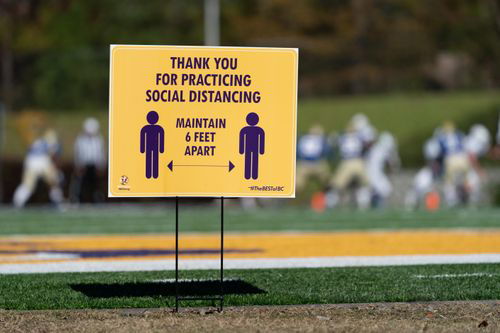CDC doesn’t know if new Covid-19 variants are causing rare complication in children

The US Centers for Disease Control and Prevention said Wednesday it does not know if the new Covid-19 variants are causing more cases of a rare complication in children called multisystem inflammatory syndrome.
Multisystem inflammatory syndrome (MIS-C) in children is a troubling complication of Covid-19 infection that can cause heart damage and typically shows up about three weeks after a child has been infected. Many MIS-C cases follow a Covid-19 infection that had no symptoms.
While children are much less likely than adults to be hospitalized or die from Covid-19, children are as just as likely as adults to become infected.
About 2.68 million children in the US have tested positive for the virus as of January 21, according to the American Academy of Pediatrics, and the number of infections has increased recently. Last week alone, 165,480 new child cases were identified through testing, the report said. That’s an 16% increase in child Covid-19 cases over two weeks. Children represent 12.7% of all cases in the US.
The CDC says that as of the end of December, it had reports of 1,659 cases of MIS-C.
If the Covid-19 variants are more contagious, then there is a chance that there could be more instances of MIS-C, but the CDC said it does not have the evidence yet to determine if the variants are leading to more cases.
“All I can say right now is we don’t know,” Dr. Angela Campbell, a CDC medical officer with the Influenza Division, told a meeting of the CDC’s Advisory Committee on Immunization Practices.
“We are very interested in that question,” Campbell said.
The CDC is “certainly concerned” about the variants and is encouraging public health departments to be on the look out for cases, Campbell added. She said the CDC has heard from a handful of states that have said they are seeing more MIS-C cases, but it’s unclear if that is due to the overall surge in Covid-19 cases or if it is related to the variant.
“It’s just not possible to figure that out right now,” Campbell said.
MIS-C has disproportionately affected children of color. There is a sixfold higher incidence of MIS-C among Black children relative to White children. Hispanic children are four times as likely to develop MIS-C and Asian Pacific Islander children are three times as likely to develop the condition as White children, Campbell said.
Children recover with prompt treatment. The CDC advises that parents or caregivers contact a doctor right away if kids have fever, abdominal pain, vomiting, diarrhea, neck pain, rash, bloodshot eyes or extra tiredness.
